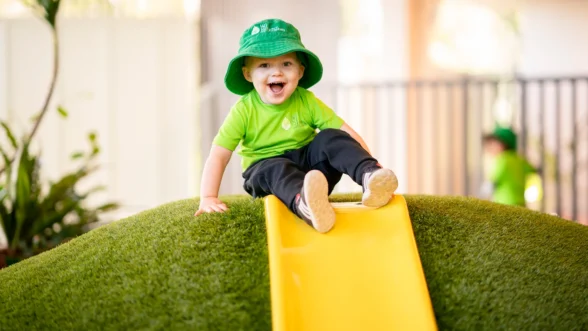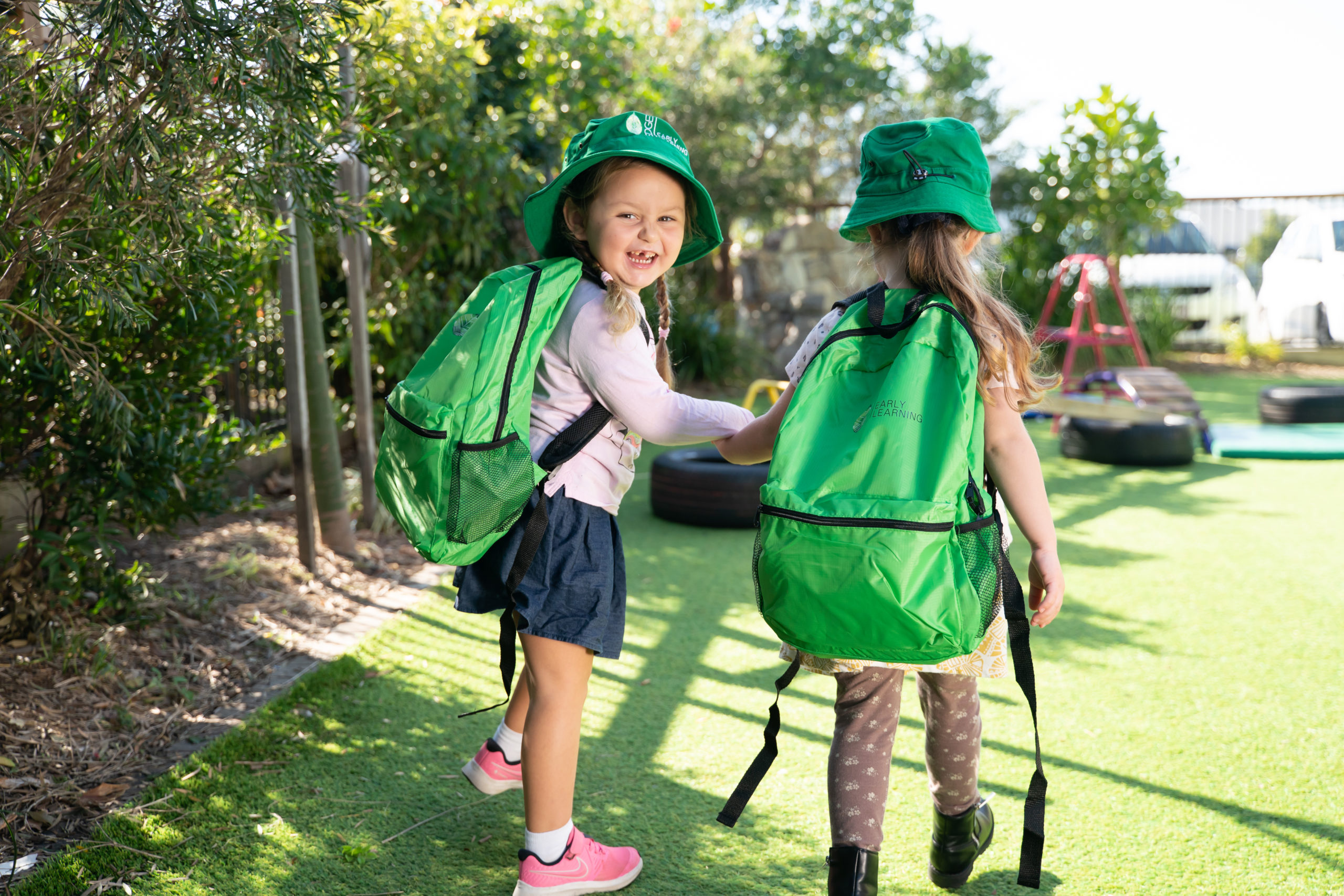
Education, Wellbeing
Education, Useful tools, Wellbeing
09 December, 2026

All parents want to raise happy, confident children – which is why seeing them grow up with low self-esteem is particularly heartbreaking. Thankfully, there are plenty of things you can do to help. While there isn’t necessarily a ‘one size fits all’ approach, there are a few things you can keep in mind as a parent when it comes to teaching kids confidence.
Why self-esteem matters
Confidence is about so much more than just being happy. Studies have shown that children who feel good about themselves have more confidence to try new things, expanding their horizons and exposing them to different people, places, and experiences.
Having good self-esteem also helps children not only cope with mistakes, but also try again when they fail. This helps them perform better at school, home and among their friends, whether it means continuing to ask and answer questions, join group activities or connect with new people.
Children with high self-esteem are more likely to feel accepted, confident and proud of themselves, while those with low self-esteem are typically harder on themselves, lack confidence, are more doubtful and may feel as though they aren’t as good as their peers. They are also more likely to focus on their failures rather than their success.
How does self-esteem develop?
Interestingly, laying the foundations for good self-esteem can start as early as infancy. Parents can help to boost their baby’s self-esteem by caring for them gently, responding when they cry and giving plenty of cuddles and smiles – warm, responsive interactions that tell your baby they’re not only loved, but also loveable.
When your children become toddlers, you can help to improve their self-esteem by giving them the power (and responsibility) to choose between different toddler-friendly options – like which toy to play with or which snack to have – and also letting them explore their new environment safely.
The preschool age is key for developing confidence, and these are just a few things that can improve self-esteem for kids:
How parents can build self-esteem
Wondering exactly how to teach kids confidence? There are plenty of self-esteem activities for kids that can help. These are just a few:
How can Edge Early Learning help?
At Edge, our inquiry-based approach to learning, active early learning program and focus on friendship, wellbeing, and curiosity all help us improve your child’s confidence. Knowing that the early childhood years are key to your child’s self-esteem later in life, we aim to give your child the best opportunity to develop new skills and discover new opportunities, helping them thrive in the process.
Find out more about our approach!